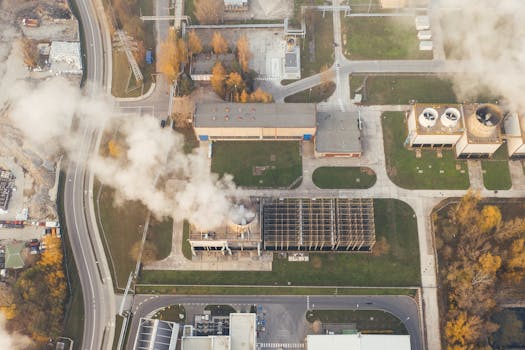
Introduction

The impact of climate change on global ecosystems is profound and far-reaching. As temperatures rise and weather patterns shift, the delicate balance of ecosystems is disrupted, leading to significant changes in biodiversity and habitat conditions.
Effects on Biodiversity

Climate change causes habitat loss, which directly affects biodiversity. Many species are forced to migrate to cooler areas, often leading to overcrowding in new habitats. Species that cannot adapt quickly enough face extinction.
Impact on Marine Ecosystems

The oceans are absorbing much of the excess heat and carbon dioxide from climate change. This leads to ocean acidification and coral bleaching, which devastate marine life. Fish populations are declining, impacting food security for millions.
Changes in Terrestrial Ecosystems

Forests, grasslands, and wetlands are also feeling the effects of climate change. Altered precipitation patterns lead to droughts or flooding, which can destroy plant life and disrupt the animals that depend on them. Invasive species may thrive in these changing conditions, further threatening native species.
Conclusion

In conclusion, the impact of climate change on global ecosystems is a pressing issue that requires immediate action. Protecting biodiversity and promoting sustainable practices are essential to mitigate these effects and preserve our planet’s health for future generations.






